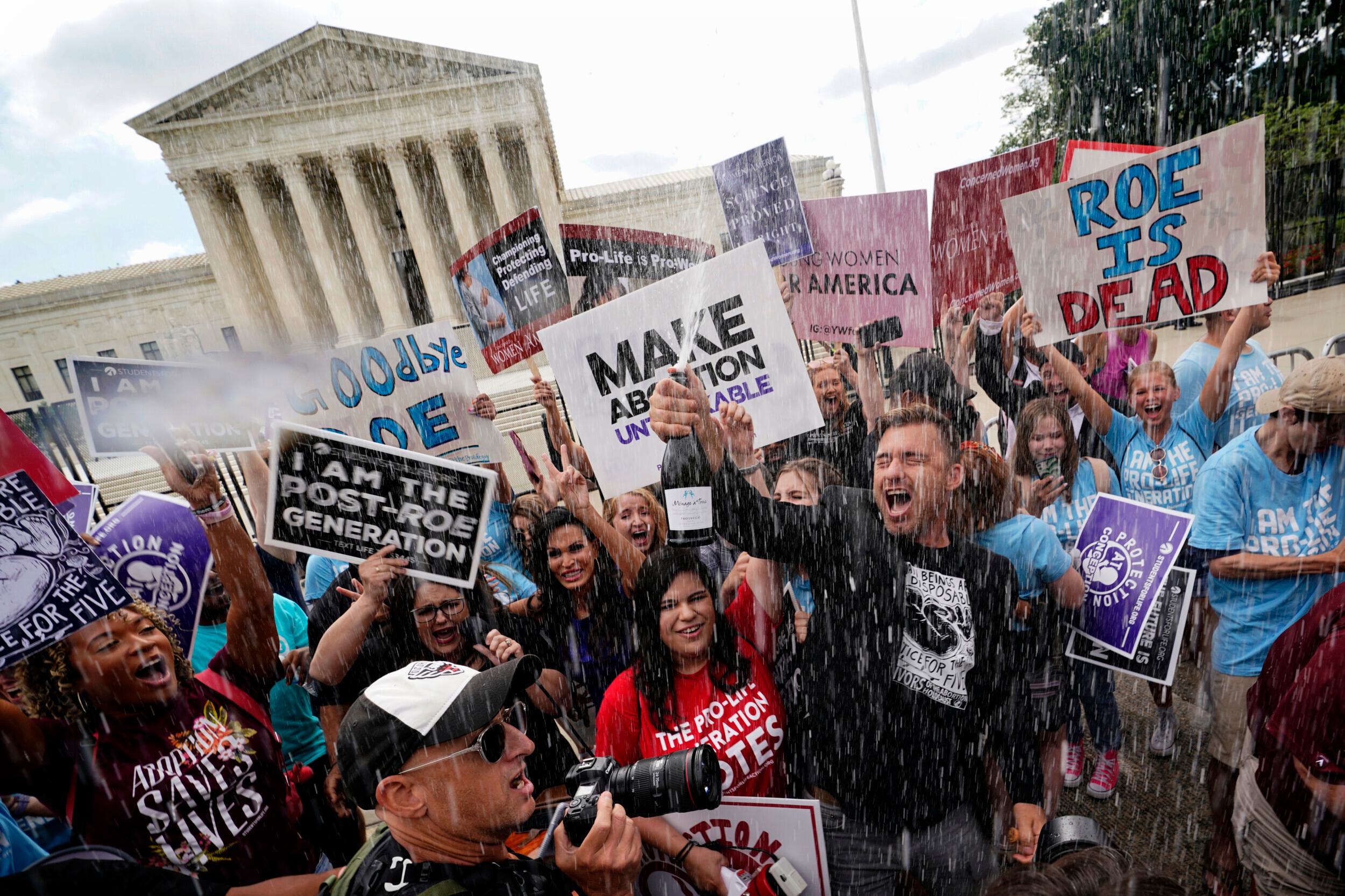Pills and other self-managed abortions could run afoul of Alabama law, even though the prevailing law does not hold mothers criminally liable for receiving an abortion.
In June, the Supreme Court of the United States (SCOTUS) struck down Roe v. Wade, which claimed abortion was a Constitutional right.
After the SCOTUS decision, Alabama's near-total ban on abortion under the Alabama Human Life Protection Act of 2019 went into effect.
The law makes it a felony to perform an abortion except for clearly defined risks to the mother's health.
The Human Life Protection Act lists punishments for anyone who performs or assists in an abortion. However, mothers cannot be held criminally or civilly liable for having an abortion.
Since the overturning of Roe, some groups have raised concerns that alternative forms of abortion could slip through the legal cracks.
There are entire organizations dedicated to helping women perform and manage abortions at home, even shipping abortion pills to states that have banned them.
Abortion pills over the internet: How stringent are Alabama's abortion laws?
A spokesman Attorney General Steve Marshall said the Human Life Protection Act does not provide an across-the-board exemption from all criminal laws.
"The Human Life Protection Act targets abortion providers, exempting women' upon whom an abortion is performed or attempted to be performed from liability under the law," a spokesman for Marshall told 1819 News. "It does not provide an across-the-board exemption from all criminal laws, including the chemical-endangerment law—which the Alabama Supreme Court has affirmed and reaffirmed protects unborn children."
In the latest case in 2014, the Alabama Supreme Court affirmed that state laws regarding the chemical endangerment of a child apply to unborn children, regardless of their level of development.
"Because an unborn child has an inalienable right to life from its earliest stages of development, it is entitled not only to a life free from the harmful effects of chemicals at all stages of development but also to life itself at all stages of development," then-Justice Tom Parker wrote in his opinion. Treating an unborn child as a separate and distinct person in only select respects defies logic and our deepest sense of morality."
While mothers cannot be criminally charged for surgical abortions, any attempt to chemically abort a pregnancy could put mothers in danger of prosecution under chemical endangerment laws.
In Alabama, a person chemically endangers a child when they "intentionally causes or permits a child to be exposed to, to ingest or inhale, or to have contact with a controlled substance, chemical substance, or drug paraphernalia." Chemical endangerment is a felony.
In 2013, nearly a decade before Alabama's abortion ban went into effect, the Alabama Supreme Court upheld the conviction of Amanda Kimbrough.
Kimbrough gave birth to a boy who died minutes after birth. The autopsy indicated he died from methamphetamine intoxication. Kimbrough was convicted and sentenced to 10 years in prison.
Some groups have bemoaned what they believe is a lack of legal protections available to babies in the womb and push for "equal protection" for the unborn.
To connect with the author of this story, or to comment, email craig.monger@1819news.com.
Don't miss out! Subscribe to our newsletter and get our top stories every weekday morning










